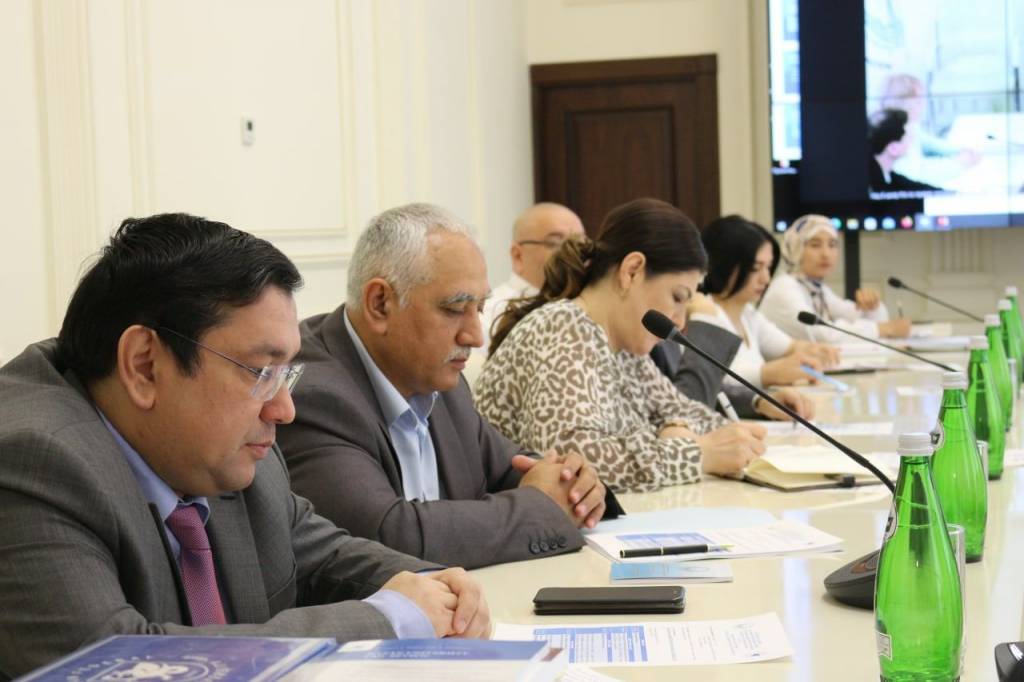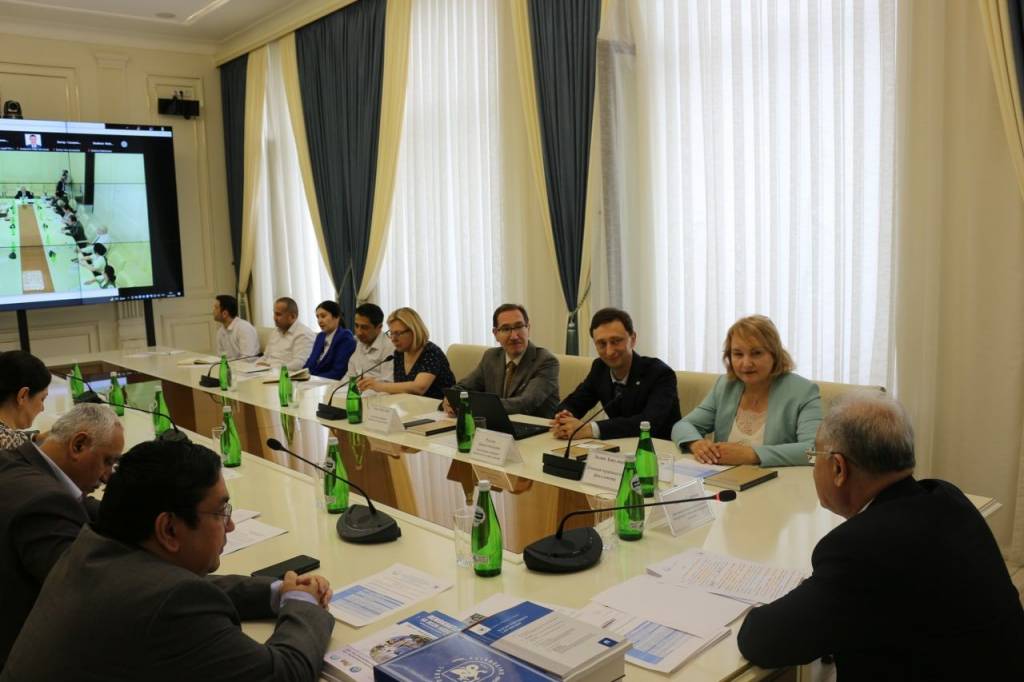On April 19, the National Center of the Republic of Uzbekistan for Human Rights hosted a meeting of the Scientific and Coordinating Council.
The participants considered international experience in the development of human rights education.

The event was organized by the National Center for Human Rights of the Republic of Uzbekistan and Kazan Federal University.
According to the Press Service of the Center, the meeting was organized to review the international legal foundations of human rights education and study the experience of stimulating scientific research in this direction.

First Deputy Speaker of the Legislative Chamber of the Oliy Majlis of the Republic of Uzbekistan, Director of the National Center for Human Rights Akmal Saidov emphasized that the issues of human rights education and dissemination of information about international human rights norms and principles were considered by the UN almost from its very foundation. He also noted that the thesis about the importance of enlightenment and education in human rights and fundamental freedoms for their full observance was already enshrined in the 1948 Universal Declaration of Human Rights.
In Uzbekistan, a landmark event in this regard was the official launch of the country’s Consortium of Law Schools, created to open a joint master’s program in human rights. The consortium included the Academy of the General Prosecutor’s Office, the National Center for Human Rights, the Tashkent State University of Law, and the University of World Economy and Diplomacy.

At the meeting, representatives of the Kazan Federal University shared their experience of the Consortium of Russian Universities in this area.
The experience of this consortium, which includes 10 universities, in the implementation of the master’s program “International Human Rights Protection” was presented.
At the event, it was emphasized that it is necessary to increase the level of cooperation and interaction between scientific and educational institutions with national human rights institutions and practitioners of the state system in this area. The importance of using new information technologies in the process of human rights education was also noted.
- Added: 05.05.2022
- Views: 4570
 Ўзбекча
Ўзбекча English
English Русский
Русский
